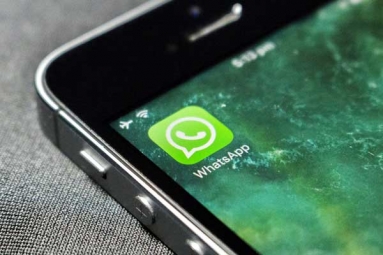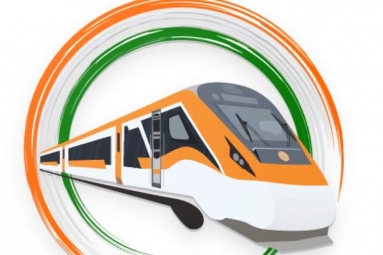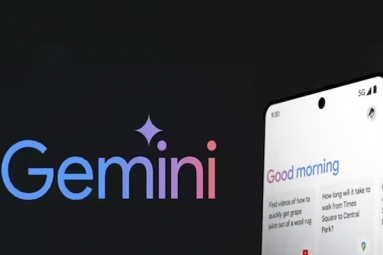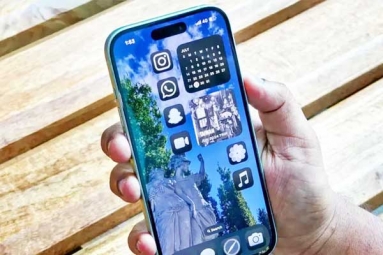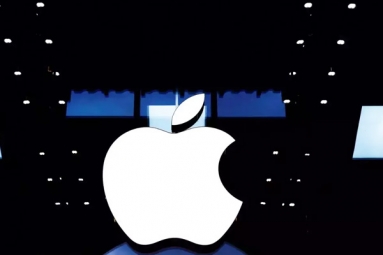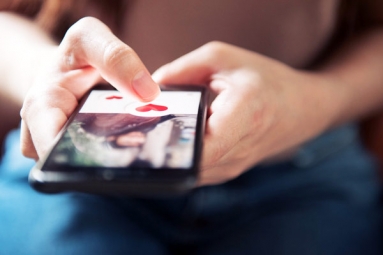(Image source from: euronews.com)
Irrespective of which country you reside in, it is likely that you have a nationwide covid-19 tracker application that has been advised by the federal government to be downloaded. With the pandemic raging through the world, the technologists have been working day in and out to develop apps, services, systems that help with contact tracing, and to stay alert from the people they come in contact with.
Some of these trackers are lightweight and basic while there are a few that are quite intrusive with the data collection. The one in China’s system has been taking up the information of the citizens, right from the basic ones like the identity and location to the severe ones like online payment history.
Some of the services that are made are done by the local coders while some of the other ones include global operations. Even Apple and Google are working to develop their own systems that would notify people about any possible exposure and could be accessible to hundreds of millions of people.
Despite so many available options of the Covid-19 trackers in the market, we love very little of how they affect the society. There are several questions that ring around in people’s minds including the number of people who will download them, the kind of data that they will collect and so on and so forth.
When experts looking into the pattern of these services and applications, they further found that there was no central repository of the information. Everything seemed incomplete and lacked necessary information too. But, in order for people to understand things better, it is necessary to do a quick rundown of the important caveats involved in the process.
Possible leaks of patient location
With the Covid-19 trackers, one of the most common issue or threat that many have come up with is disclosing the patient locations. The tracker that has been developed for India could be one such example.
Some leading tech experts have reported that the application could not just reveal the location of the patient to the government authorities but also to some of the hackers who are eligible enough to gain access to the database.
Independent security researcher Baptiste Robert even published a blog post discussing the kind of loopholes that the Indian Covid-19 tracking app, Aarogya Setu could impose on the Indian citizens.
"The developers of this app didn’t think that someone malicious would be able to intercept its requests and modify them to get information on a specific area," said Robert.
The reason why security researchers have focused on apps like Aarogya Setu is mainly because of the government’s persistence in downloading it. Over 90 million people in the country have already downloaded the application.
Unlike several of the contact tracing Covid-19 applications that have been made available in US and Europe, the one in India makes use of GPS instead of the Bluetooth. It is one of the primary examples of the cautionary flaws on the implementation of the contact tracing apps.
Ashkan Soltani, a former Federal Trade Commission lead technologist who also analysed Robert’s findings said that he believes several of these kinds of issues with the contact tracing application will come up. He believes that the ones using GPS are going to be more privacy intrusive.
By Somapika Dutta



